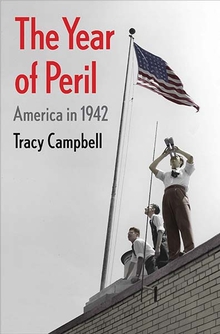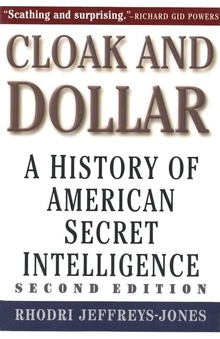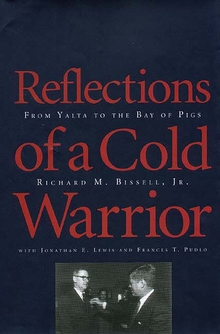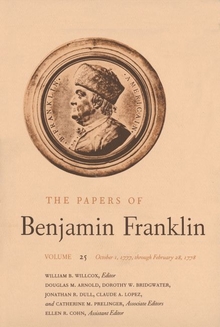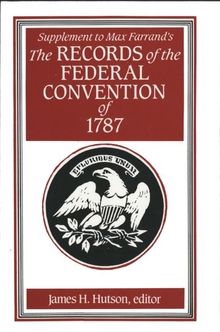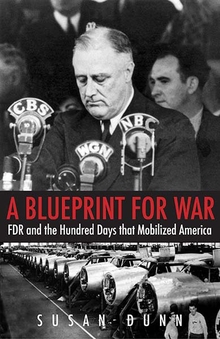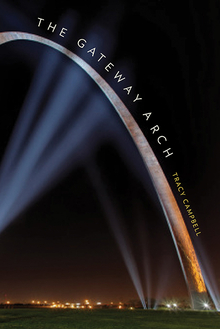The Year of Peril
WARNING
You are viewing an older version of the Yalebooks website. Please visit out new website with more updated information and a better user experience: https://www.yalebooks.com
America in 1942
Tracy Campbell
This fascinating chronicle of how the character of American society revealed itself under the duress of World War II "place(s) today’s myriad social traumas and dislocations in perspective."—George Will, Washington Post
Winner of the New-York Historical Society’s Barbara and David Zalaznick Book Prize
The Second World War exists in the American historical imagination as a time of unity and optimism. In 1942, however, after a series of defeats in the Pacific and the struggle to establish a beachhead on the European front, America seemed to be on the brink of defeat and was beginning to splinter from within.
Exploring this precarious moment, Tracy Campbell paints a portrait of the deep social, economic, and political fault lines that pitted factions of citizens against each other in the post–Pearl Harbor era, even as the nation mobilized, government-aided industrial infrastructure blossomed, and parents sent their sons off to war. This captivating look at how American society responded to the greatest stress experienced since the Civil War reveals the various ways, both good and bad, that the trauma of 1942 forced Americans to redefine their relationship with democracy in ways that continue to affect us today.
Winner of the New-York Historical Society’s Barbara and David Zalaznick Book Prize
The Second World War exists in the American historical imagination as a time of unity and optimism. In 1942, however, after a series of defeats in the Pacific and the struggle to establish a beachhead on the European front, America seemed to be on the brink of defeat and was beginning to splinter from within.
Exploring this precarious moment, Tracy Campbell paints a portrait of the deep social, economic, and political fault lines that pitted factions of citizens against each other in the post–Pearl Harbor era, even as the nation mobilized, government-aided industrial infrastructure blossomed, and parents sent their sons off to war. This captivating look at how American society responded to the greatest stress experienced since the Civil War reveals the various ways, both good and bad, that the trauma of 1942 forced Americans to redefine their relationship with democracy in ways that continue to affect us today.
Tracy Campbell is the E. Vernon Smith and Eloise C. Smith Professor of American History at the University of Kentucky. His previous books include The Gateway Arch: A Biography and Deliver the Vote: A History of Election Fraud, an American Political Tradition, 1742–2004.
“Thought-provoking. . . . A compelling narrative showing how a large, complex nation grappled with a giant, transcendent event.”—Paul Kennedy, Wall Street Journal
"The shock of Pearl Harbor seemingly united Americans to fight a 'total war,' but The Year of Peril reveals how intensely many citizens resented wartime taxes, rationing, and price setting, and how divided they remained due to deep-seated racial prejudices.Tracy Campbell splendidly recreates the era and dispels its myths."—Donald A. Ritchie, historian emeritus of the U.S. Senate and author of Electing FDR: The New Deal Campaign of 1932
"It seems incredible today that the U.S. had no confidence, in the chaos of 1942, that it would win the war or even remain a world power. Tracy Campbell, in this robust and engaging read, has built a mesmerizing narrative recreation of that momentous year on the home front, a retelling built on assiduous research, the perfect selection of small details, and the discipline to write as if he didn’t know the outcome."—Hank Klibanoff, co-author of The Race Beat: The Press, the Civil Rights Struggle, and the Awakening of a Nation, winner of the 2007 Pulitzer Prize in history
“A war-torn world menaced by fascism, a fragile democracy crippled by racism, as ordinary citizens confront the crisis; Campbell’s riveting history reveals our current predicaments to be the same poisons that almost killed America in 1942.”—Timothy B. Tyson, author of The Blood of Emmett Till
"Well researched in the standard archives for studying midcentury America as well as little-known and used manuscript collections . . . Campbell’s brilliant book should be required reading.”—Nancy Beck Young, Missouri Historical Review
Winner of the Barbara and David Zalaznick Book Prize, sponsored by the New York Historical Society
ISBN: 9780300258530
Publication Date: February 9, 2021
Publication Date: February 9, 2021
408 pages, 6 1/8 x 9 1/4
25 b/w illus.
25 b/w illus.

